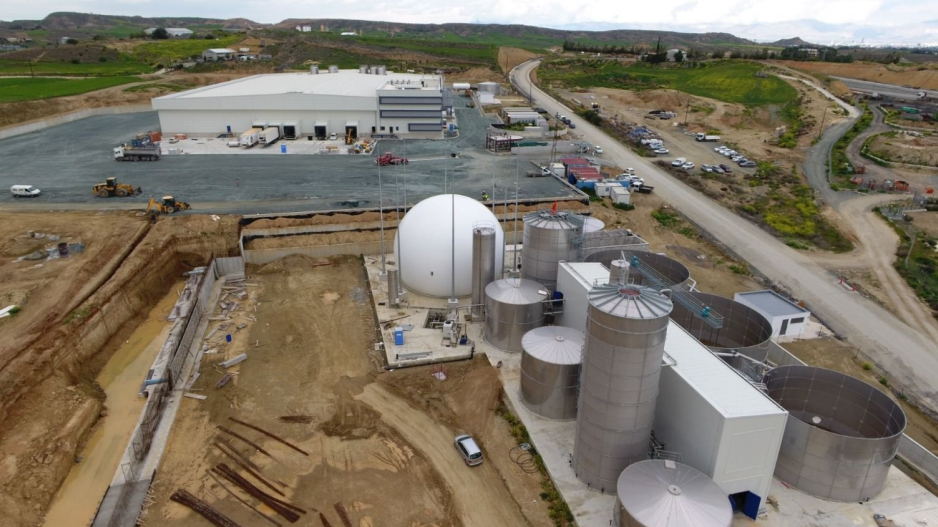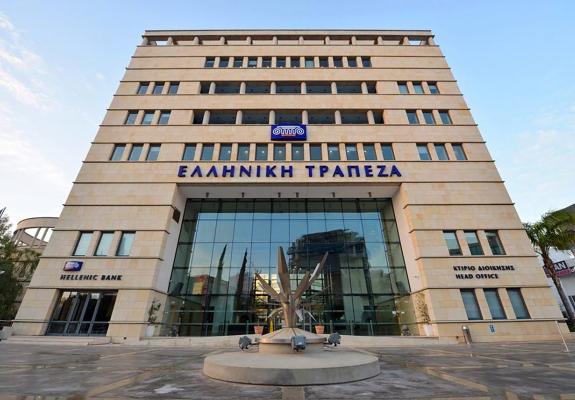Government Proposes Usage-Based Rent for State-Owned Industrial Land
The Energy Minister Requested Time Until September to Individually Assess Each Area and Its Current Rents
The Cypriot Government is shifting towards imposing rents on state-owned land based on usage rather than market value, a move aimed at resolving inconsistencies across different industrial areas. Minister of Energy, Commerce, and Industry George Papanastasiou revealed this strategy on Tuesday, addressing the differences between industrial zones and areas.
"In the current system, there's a significant skew: industrial zones calculate land rent based on market value, whereas in industrial areas, the Ministry bases rent on usage," stated Mr. Papanastasiou after a session with the Parliamentary Committee on Commerce, which deliberated on the issue.
As reported to the Committee, the jurisdiction of this matter currently lies with the Ministry of Commerce, which handles industrial areas with a usage-based rent policy, and the Ministry of Interior for industrial zones, where rents are based on the property's market value. This discrepancy leads to competition distortions. Additionally, municipalities and communities, responsible for artisan zones, also play a role in this sector.
Both the Energy Minister and the General Director of the Ministry of Interior, Elikkos Elias, assured that there would be no across-the-board rent increase based on market value. The Energy Minister requested time until September to individually assess each area and its current rents.

Mr. Papanastasiou informed the Committee that an advisory committee, comprising representatives from the Ministry of Commerce, Land Registry, and Urban Planning, had been formed to identify the problem and devise a solution. It found significant rent discrepancies in certain areas. For instance, in the Strovolos industrial area, rent is approximately €1.15 per square meter, compared to €11 in the Strovolos industrial zone. In Limassol, rent in the industrial area is €1.15 per square meter, whereas it reaches €8 in the industrial zone.
Mr. Papanastasiou further explained that the industrial zones comprise both state and private plots without infrastructure and governmental services. He noted the complexity of changing the rent policy, highlighting legal obstacles. Hence, any rent adjustments would apply to new contracts or building leases.
Representatives from various sectors expressed concerns about the significant rent differences between industrial areas and zones during the session.
From the Federation of Employers & Industrialists - OEB, Michalis Grigoriou voiced the problem resides in the rents of the plots within industrial zones. "We agree on a unified policy, but our concern is not to increase the rents in the areas to match those of the zones," he said, advocating for a shift away from the market value principle.
Andreas Andreou, representing the Cyprus Chamber of Commerce and Industry, noted the challenge of placing the entire issue under one ministry, given the overlapping jurisdictions. He suggested calculating rent based on usage and a De minimis aid scheme to cover part of the rent in industrial zones with higher rents.
On behalf of POVEK, Stefanos Koursaris emphasized that all involved bodies should participate in the advisory committee, adding that rent increases in industrial zones should not be considered.
Responding, the Commerce Minister acknowledged the issues aren't limited to rents but also involve managing these zones and areas. "Our aim is not to burden Cyprus' industry and production with additional rents, but to find a unified management method," he added.






